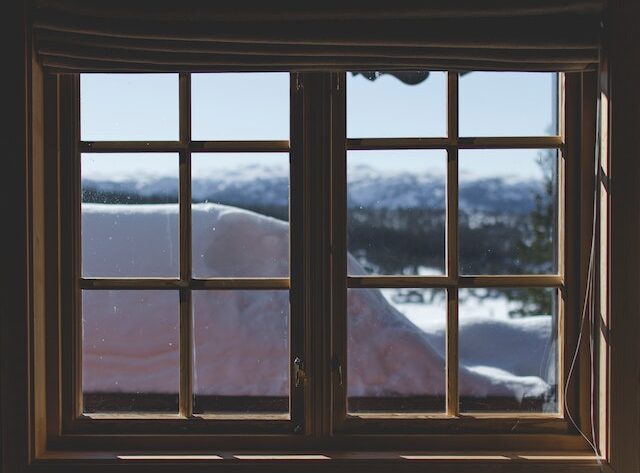Your local building code requires impact windows if you live in a hurricane-prone area. These solid and durable windows boost safety, reduce energy costs, and even reduce insurance rates.
They also help prevent burglary by making it more difficult for intruders to break into a home by smashing glass.
Strength
If you live in a hurricane-prone area, you know that the impact of debris flying around during severe storms can cause serious damage to your home. While hammering plywood panels over your windows is something many homeowners do each year before hurricane season, there’s a much more effective way to protect your home from falling debris: impact-resistant glass and heavy-duty frames.
Also known as tempered glass, impact windows are four times stronger than standard annealed glass. And unlike regular annealed glass that can shatter into sharp shards, tempered glass breaks into tiny pieces that, reduce the risk of injury to you and your family.
Today’s impact windows are built with solid frames of aluminum, steel, or vinyl and two layers of impact-resistant laminated glass. They’re also designed with a polyvinyl butyral interlayer that helps them resist warping and weakening over time and prevent rust buildup. This high-tech inner layer is the same technology used in car windshields to prevent cracking and breaking.
Durability
If you live in an area that experiences hurricanes and severe thunderstorms, your home’s weak points, windows, and doors are a prime target for flying debris. These airborne projectiles can shatter glass and injure or kill people inside the house. Impact windows and doors prevent this damage by guarding against sudden differential pressure changes that can comprise your entire home’s building envelope, blowing out windows and doors.
In addition to preventing property damage and bodily harm, impact resistant windows protect your home from theft and intruders by reducing noise. They also provide energy savings, eliminate the need for storm shutters, increase your home’s value, and make your house more attractive. Many insurance providers provide homeowners savings if they install impact windows and doors. This investment will protect you, your family, and your belongings 365 days a year. It’s a smart move for any homeowner in a hurricane-prone region.
Energy Efficiency
As a bonus, impact windows and doors offer energy efficiency. It is because they have more glass panes and are frequently filled with argon, krypton, or other insulating gases than conventional single-pane windows. According to Energy Star, homeowners who replace their clear, non-impact windows with impact-resistant ones can save $250 annually on their energy bills.
Impact-resistant windows are a good idea because they help prevent water, wind, and glass shards from entering a home during a storm. But they also guard against another significant threat that often leads to structural damage during storms: sudden differential pressure changes. When the air pressure inside a home gets lower than outside, it can comprise the entire building envelope and blow out windows and doors. When that happens, homes are done for. That’s why hurricane measures require new construction in hurricane-prone areas with impact windows, doors, or shutters.
Security
Installing impact windows and doors is a wise decision if you are in a region subject to hurricanes. These specialized windows use multiple layers of glass bound together with a laminate, solid interlayer, similar to the material used in automobile windshields. When standard glass shatters during a storm, impact windows hold the fragments in place and absorb the force of flying debris.
In addition, the sturdy frames of impact windows can withstand forced entry attempts by criminals.
Another benefit of impact windows is that they keep your home’s temperature consistent throughout each room. Using less energy to heat and cool your house will save you money on your utility bills each month.




